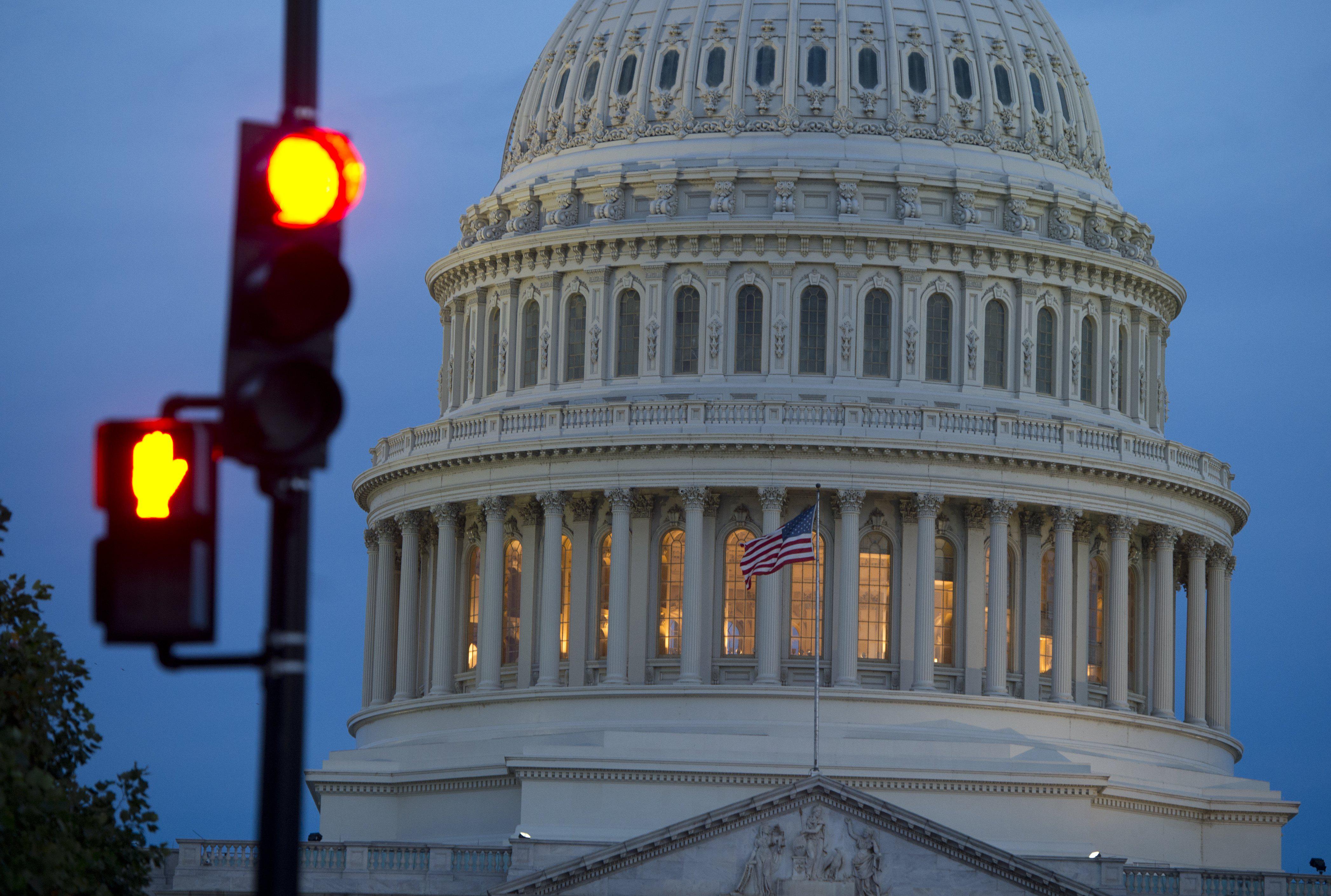Though the FBI and DEA are still open for business, there are other, smaller crime-related federal offices that have been crippled by the shutdown. From now until the shutdown ends, I’m going to profile some of these groups: what they do, what they’re not doing now, and what their absence might mean in the short- and long-term.
The Office on Violence Against Women (Justice Department)
Intimate partner violence can be hard to escape. Many victims feel trapped in their abusive relationships, and lack the wherewithal and ability to leave. These women often need support networks to help them retake control of their lives—which is why America’s domestic violence shelters and crisis centers are so very important. These organizations offer counseling and support to victims of domestic violence nationwide, providing them with the resources they need to escape abusive situations and, often, bring charges against their abusers. They are key to reducing the nationwide levels of intimate partner assault, rape, and homicide.
Many of these centers rely on federal funding to survive, and much of that funding is dispersed through the Office on Violence Against Women. The OVW was created in 1995, as a result of the Violence Against Women Act, which allocated federal cash to programs that help combat domestic violence. Its support helps maintain the nationwide network of domestic violence and rape crisis and advocacy centers. The bureau distributes these grants to domestic violence and rape crisis and advocacy centers nationwide. It also supports programs that encourage the enforcement of protection orders and the arrest of violators, address domestic violence on tribal lands, train law enforcement officials on how to respond to these sorts of situations, and address violence against women in other ways.
But the shutdown means that OVW grantees are no longer able to request payment or draw down funds. While some programs have diversified their funding streams, many smaller ones are almost entirely reliant on federal cash. Absent that cash, these programs will be forced to reduce services and lay people off. Some might close down entirely. Last week, Andrew Sullivan posted a despondent email from a reader who works at a domestic violence shelter funded by the Violence Against Women Act:
I can tell you with some certainty that many of the rural domestic violence shelters (who don’t have wealthy communities to draw from) will not be operational should the VAWA funding not be rolling down as scheduled. I can also tell you with certainty, that right now almost every shelter in the State is housing not only adult victims of abuse, but many, many children, all of whom may be forced to hit the rickety road soon, compliments of the mostly [male] members of the “shutdown coalition.”
As Bryce Covert reported at ThinkProgress, due to the sluggish economy, “eight in 10 shelters report an increase in women seeking help and nearly 60 percent say the abuse is more violent than before the crisis. Meanwhile, nearly three-quarters of women are staying longer with their abuser for economic reasons.” Domestic violence isn’t going to go away just because the federal government does. It will continue as it always has—only now, thanks to the shutdown, many victims will have nowhere to turn.
